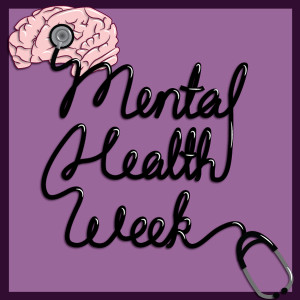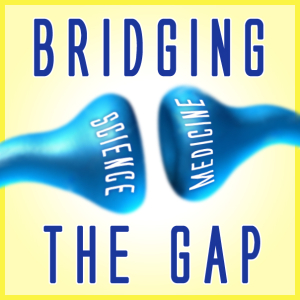Stress Reduction and Mindfulness in Medical School: Yes, It’s Worth It
There’s a lot of talk about mindfulness these days — its importance, its effectiveness, the benefits of meditation and even the structural changes in the brain that result from it. (Do you want a less reactive amygdala and increased neuronal density in the hippocampus? Meditate!) It’s one thing to read about the benefits of doing something, but as many know, it’s another thing to actually apply it and understand it. So how can medical students use stress reduction strategies “in the context of the high-stakes, high-stress and time-limited environment of medical school.”






